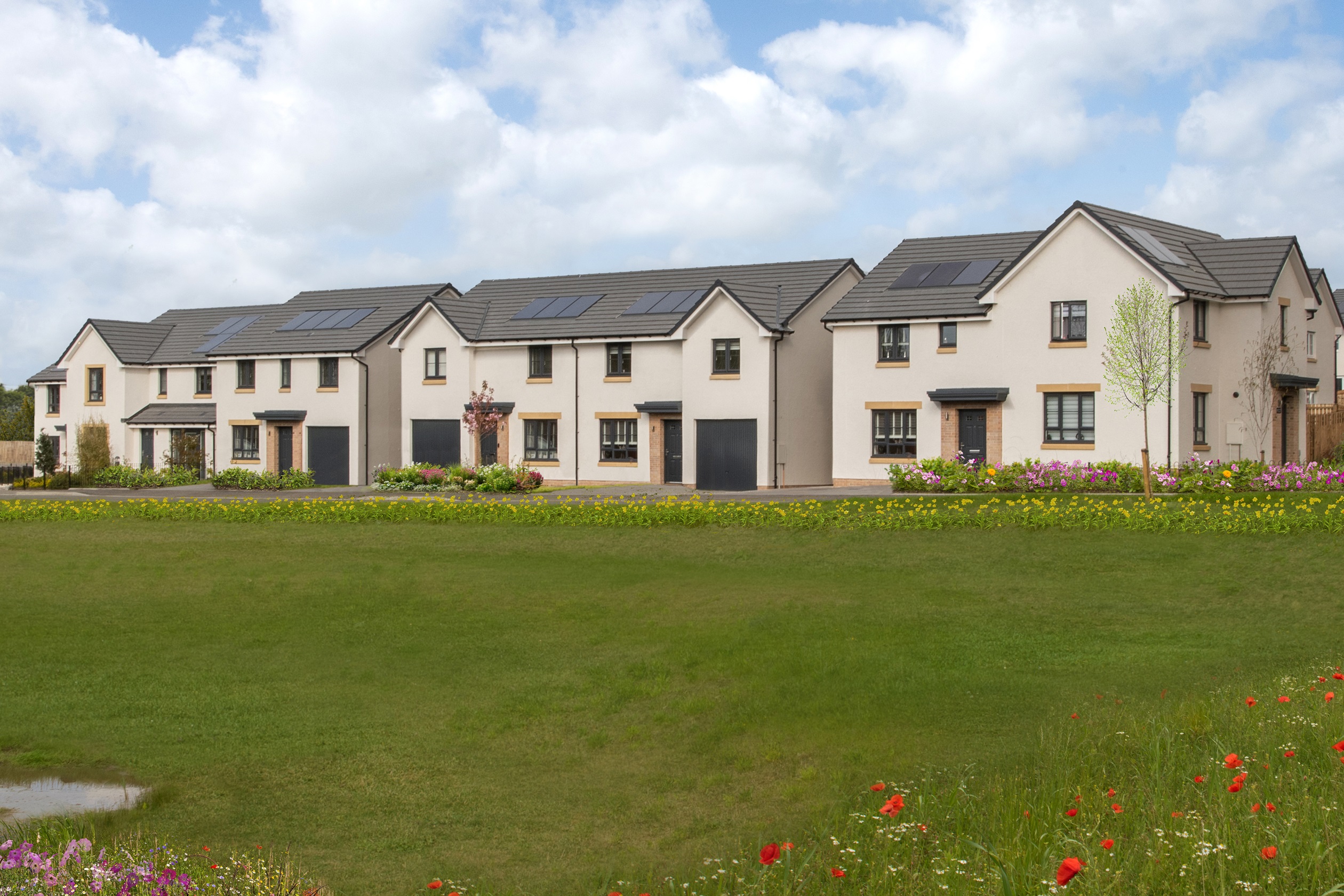
EPC Guide
What is an Energy Performance Certificate?
Introduced in 2007, an Energy Performance Certificate (EPC) tells you how energy-efficient your home is. It gives it a rating, estimates its carbon dioxide emissions and includes potential energy-saving improvements.

Do I Need an EPC?

If you buy your new home with us, we’ll provide you with the EPC, so you won’t have to pay for it.
What homes don't need an EPC?
- Resident landlords who only rent out a room
- Listed buildings
- Holiday homes let out for less than four months a year
- Temporary buildings used for less than two years
- Places of worship
- Agricultural buildings that don’t consume much energy

How can I obtain an EPC?
How long is an EPC valid for?
How much does an EPC cost?
How long does an EPC assessment take?

What does an EPC contain?
Current and potential energy costs
These costs are just for heating, hot water and lighting and don't include any additional energy costs from your home appliances.
Property energy efficiency rating
Recommendations
Summary
What do the EPC ratings mean?
The numbers in each rating reflect the government's Standard Assessment Procedure (SAP) and go from 1 up to 100 SAP points. The bands are divided into scores as follows:
- EPC rating A: 92-100 SAP points (most efficient)
- EPC rating B: 81-91 SAP points
- EPC rating C: 69-80 SAP points
- EPC rating D: 55-68 SAP points
- EPC rating E: 39-54 SAP points
- EPC rating F: 21-38 SAP points
- EPC rating G:1-20 SAP points (least efficient)
All of our brand-new homes have either A or B ratings, meaning they are highly energy-efficient.


What can I do to improve my EPC
There are several ways you can improve your energy efficiency rating. Here's what you can do:
- Insulation
- Double glazing
- Solar panels
- Low-energy lighting
Insulation
Double glazing
Solar panels
Low-energy lighting
EPC FAQs
-
An Energy Performance Certificate (EPC) typically takes around 45 minutes to complete.
-
An EPC is valid for 10 years from the date of issue.
-
A good EPC rating for a house is A or B, which indicates high energy efficiency.
-
An EPC checks for the energy efficiency of a property, including factors such as insulation, heating systems, and lighting.
Our Offers to Help Get You Moving
Help to Sell
If you’re looking to start your next adventure, but are worried about the hassle of moving, we have a range of schemes available to help you sell your existing home.
Part Exchange
We could be your guaranteed buyer, so no stress or fuss, just an easy move for you and your family.
Low Deposit Offers
If you have a low deposit, we have a variety of schemes available to help make moving more affordable.
Own New - Rate Reducer
Own New - Rate Reducer is a brand-new scheme available on new build homes that could mean lower mortgage rates and reduced monthly payments.
Movemaker
We could help you arrange to sell your existing home, so you'll have no estate agent fees to pay.



